Mid Year Investment Portfolio Checkup 2008
I’m a little past due but it’s time to do a mid year portfolio check up. TheMoneyWriters came up with the idea of doing a portfolio update to see how we are all doing thus far. Honestly, I would be surprised to see anyone with any significant portfolio growth at this point in 2008
Non-Reg Account:
This account is difficult to track as most of the cash was withdrawn to increase the down payment for the house that we built. Ideally, I should liquidate the whole account, but I’m waiting for some of the securities to increase in value. Stubborn, I know.
This account consists of cash and individual securities.
- Started year with: $45,200
- Withdrawn for down payment: $24,300
- Value after withdrawal: $20,900
- Current Value: $19,200
- Gain (loss): -8.1%
Smith Manoeuvre Portfolio
If you’ve been following, I have been posting a monthly update to my leveraged investment account. If you’re interested in the contents of this account, check out my latest smith manoeuvre portfolio. Since that update however, I have initiated an energy position in my portfolio.
- Started with: $50,000
- Interest Cost: $575
- Total Capital: $50,575
- Current Value: $49,475
- Gain (loss): -2.1%
Our RRSP Account
Our RRSP accounts consist of a self directed account with a major bank, a mutual funds account with the same bank along with a self directed RRSP account for my wife. With the Canadian markets just below breaking even so far this year, our RRSP accounts have been resilient with a small return.
The contents of our RRSP accounts are all over the place. A large portion are individual stock picks and a smaller portion are globally indexed via mutual funds. Moving forward, I will be looking to increase our indexed allocation.
Here are the details:
- Started 2007 with balance: $48,300
- Contributions thus far in 2008: $6,700
- Current Value: $56,200
- Organic Value (value before contributions): $49,500
- Gain (loss): +2.42%
Overall Portfolio Performance:
- Initial Capital: $119,775
- Current Value: $118,175
- Gain (loss): -1.35%
It seems that the big declines in the Canadian and U.S markets have resulted in a small loss in my portfolio thus far in 2008. How has your portfolio been performing this year?
Here are some investment portfolio numbers for the rest of TheMoneyWriters:
I've Completed My Million Dollar Journey. Let Me Guide You Through Yours!
Sign up below to get a copy of our free eBook: Can I Retire Yet?


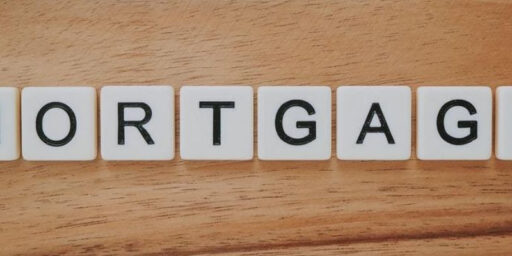
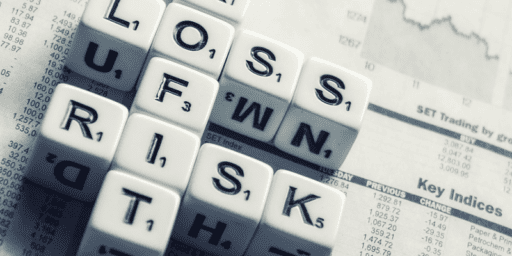
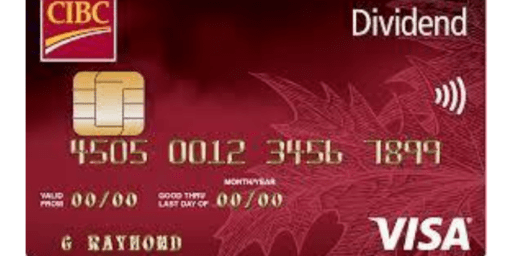
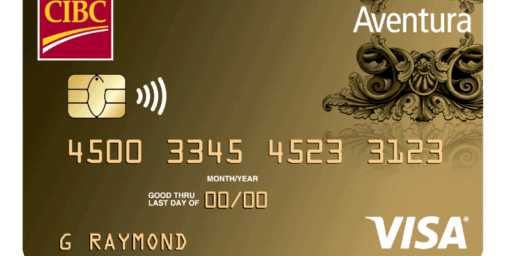
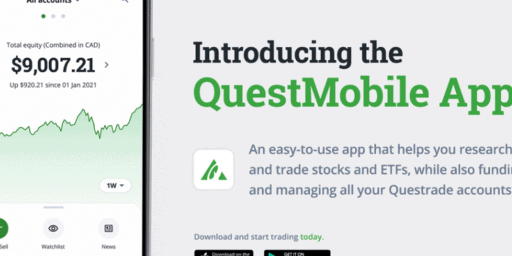

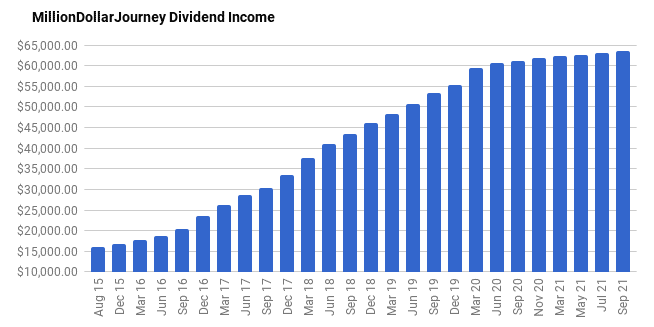

Thanks Ryan for sharing your portfolio.
Thanks David for the explanations.
JP also asks: “Any thoughts on my second question i.e. investment based on global market capitalization that would lead to 90% of equity investment in USD?”
Most Canadians at some point wish to receive tax advantaged returns on their investment. For example, in BC you can receive about $75,000 in dividend income untaxed. This has to be from Canadian companies, though, so if 90% of your holdings are US companies, you do not get this benefit. If on the other hand you are buying Canadian companies trading on the US exchange, you may be playing a fair bit of currency risk, though you will benefit from Canadian dividend credits.
DAvid
JP asks: David, can you please help me understand your below statement?
“It strikes me that in a widely diversified portfolio, a lessening of one currency’s value could mean cashing holdings in better performing currencies first.”
I could not understand ‘cashing holdings in better performing currencies first’.
IF you have holdings in Euros, Cdn$, US$, Yen, etc., and the US$ is low and the Euro high, you could choose to sell your Euro denominated holdings first, and wait for the currency markets to balance before selling your US$ denominated holdings.
Trades within a currency do not matter, as there is no conversion.
DAvid
Hi JP,
I have a similiar portfolio as you do and the same issues with currency risk. The major differences between our two portolios is that a have a position in US small caps. The way I reduce my total exposure to US$ is to make sure my fixed income investments are in CAN$. This way my total portfolion is ‘only’ 40% US$.
Canada Equity – 20%
XIC – 20%
Canada Fixed Income – 20%
XSB – 5%
XRB – 5%
XRE – 10%
US Equity – 30%
VIT – 20%
VBB – 5%
VRB – 5%
International – 30%
VEA – 20%
VOW – 10%
Thanks David and FrugalTrader.
I agree with you that hedging for currency fluctuations may not be worth it in the long term.
Any thoughts on my second question i.e. investment based on global market capitalization that would lead to 90% of equity investment in USD?
David, can you please help me understand your below statement?
“It strikes me that in a widely diversified portfolio, a lessening of one currency’s value could mean cashing holdings in better performing currencies first.”
I could not understand ‘cashing holdings in better performing currencies first’.
Thanks again for your help,
JP
JP,
My opinion is not to worry about the currency fluctuations, you have 30 years to wait for your investments to grow, and invest where you feel you will have the best return. If the US dollar is low just now, now is the time to buy, as it will likely return to it’s ordinary place in the ranking of world currencies. Note that the agency overseeing the investments to fund the CPP for the future invests widely around the world, and does not hedge for currency fluctuations. It strikes me that in a widely diversified portfolio, a lessening of one currency’s value could mean cashing holdings in better performing currencies first.
Just my $0.02
DAvid
JP, I second DAvid’s advice. Currency flucuations over the long term even out. It’s generally not worth the extra MER to hedge your currency position.
Hi there,
I need help on the following questions. As I could not determine where I can post them, I am posting them here.
Q1. I am 34 years old and am planning to have the following ETFs for my equity portion of the retirement portfolio. The 3 ETFs (VTI, VEA, VWO) are in USD and are 70% of the equity portfolio. The key benefit is that MER is low (.12-.25%). But USD crashed recently against major currencies by 10-15% including CDN. Should I replace VEA/VWO with say XIN that is in CDN but has 0.49% MER? The USD crash wipes out MER difference for say 30 years (.3 per year)
Equity Portfolio
CDN Equity 30% – XIC (CDN)
US Equity 40% – VTI (USD)
International Equity 20% – VEA (USD)
Emerging Mkt Equity 10% – VWO (USD)
2. Should I tune my portfolio based on Global Market Capitalization as suggested by Efficient Market/Investing intelligently in the links below? This would increase my USD holdings further to 90% of my equity portfolio
Equity portion of portfolio based on Market Capitalization Percentage
CAN (XIC) 10%
USA (VTI) 41%
Europe (VGK) 26.5%
Pacific (VPL) 14%
Emerging (VWO) 8.5%
http://www.efficientmarket.ca/article/Global_ETF_2
http://www.investingintelligently.com/2007/04/15/my-new-passive-index-etf-portfolio/
Thanks for your help in advance,
JP
Ok I know hardly anything about MF’s, and I love this site for learning. I have a measly 3000$ in RSP MF’s, cashed out 10,000 last year for HBP and have managed to replace it with that 3000 but have already lost about 800…quick math=need help. I want to start investing in Nonregistered acounts in hopes of saving up enough the next 2+ years to buy an investement property. What would you guru’s suggest with the market not so good right now? Good time to buy while its low? If so what? Or stick to something more safe? I am a big fan of ING and have been investing in/through them? And can someone explain in Lamens terms a MF’s Tax-Adjusted Rank … is a morningstar of 5 good? and where do you find out about a MF’s dividend yeild…so many questions, hope you all can help :)
Just started as a DIY investor on June 30, 2008 and immediately got a trial by fire during the following month. 8)
So, my portfolio of the individual stocks is currently down by -0.45%, which I think is okay considering that all the indexes fell much more than that over the last month.